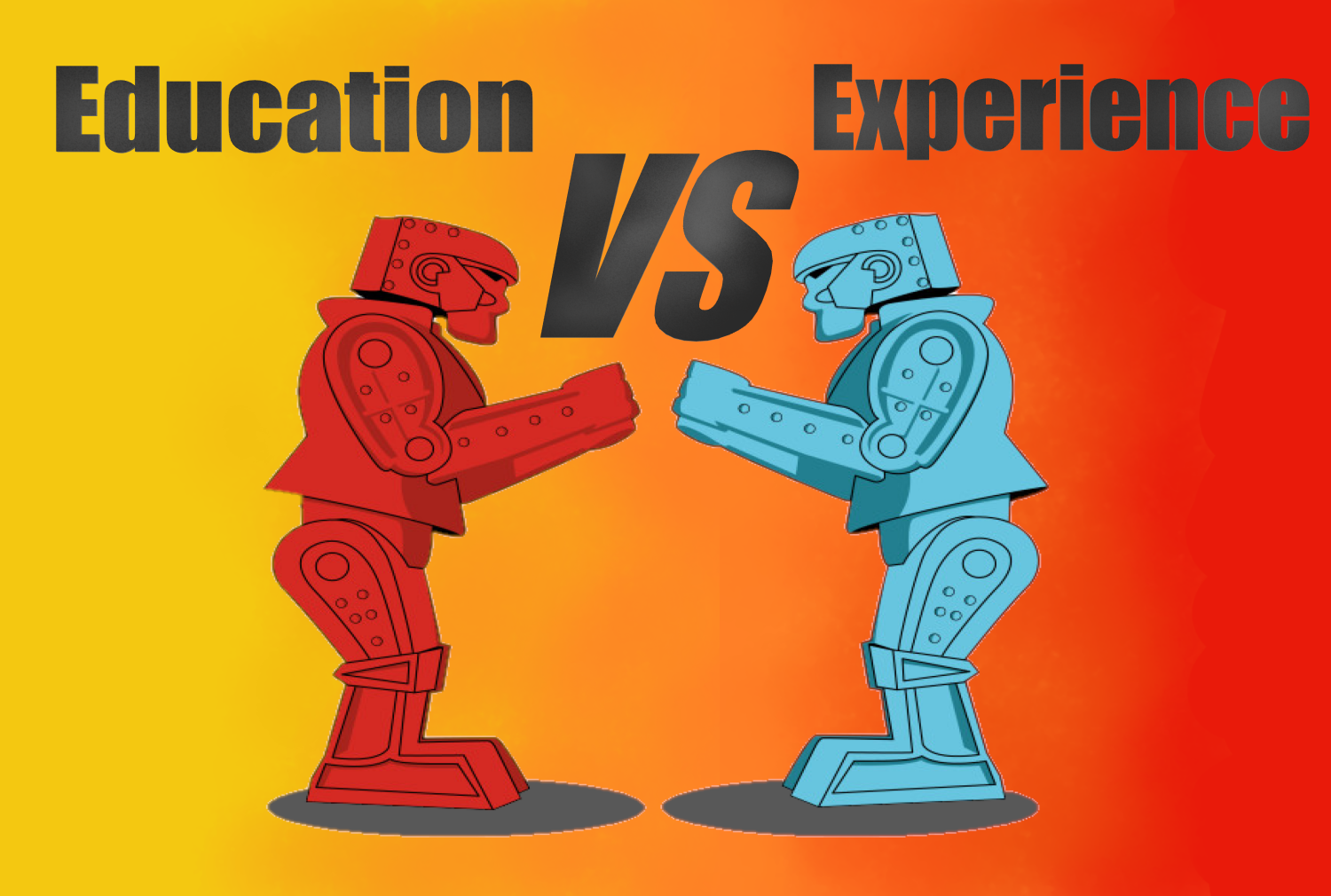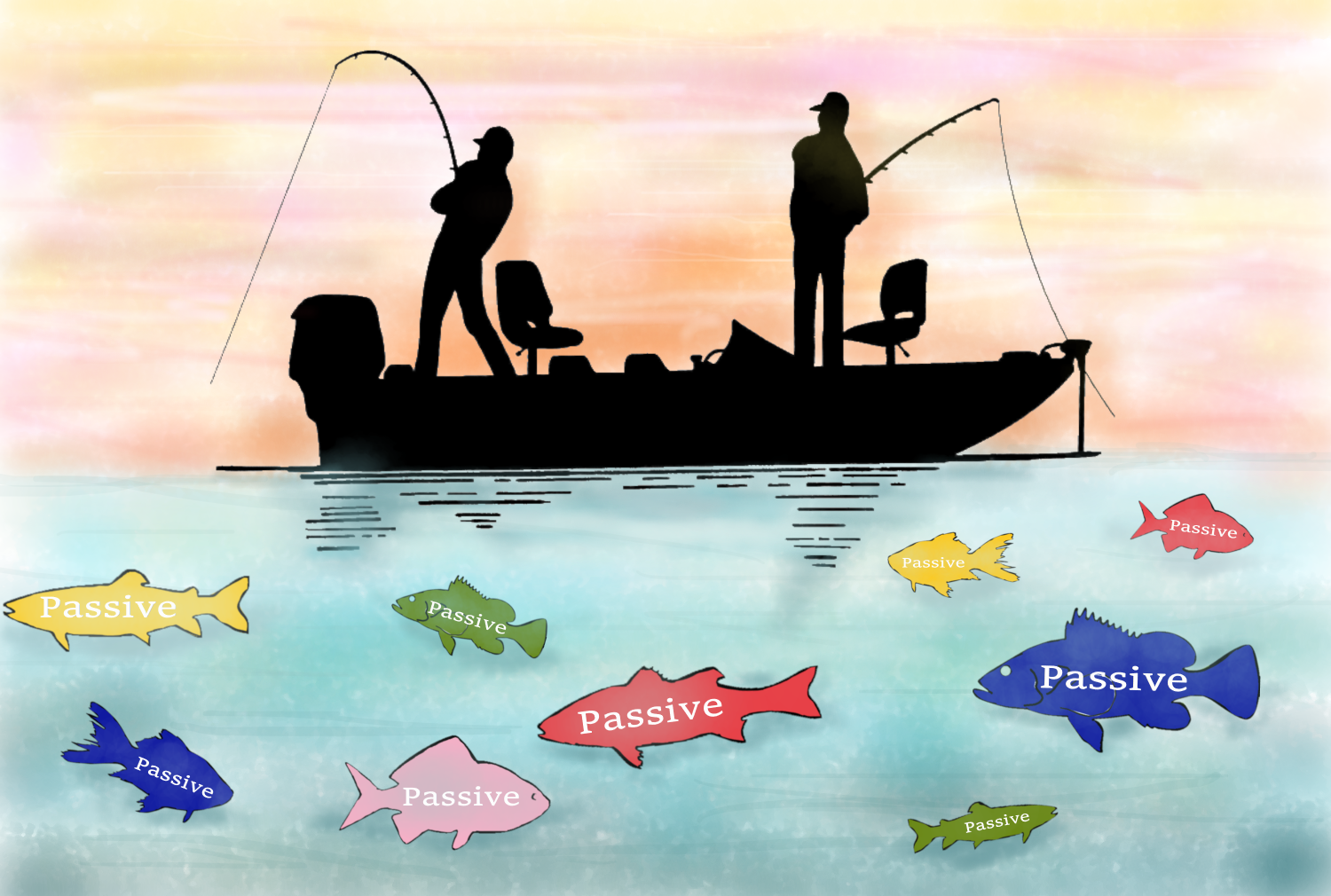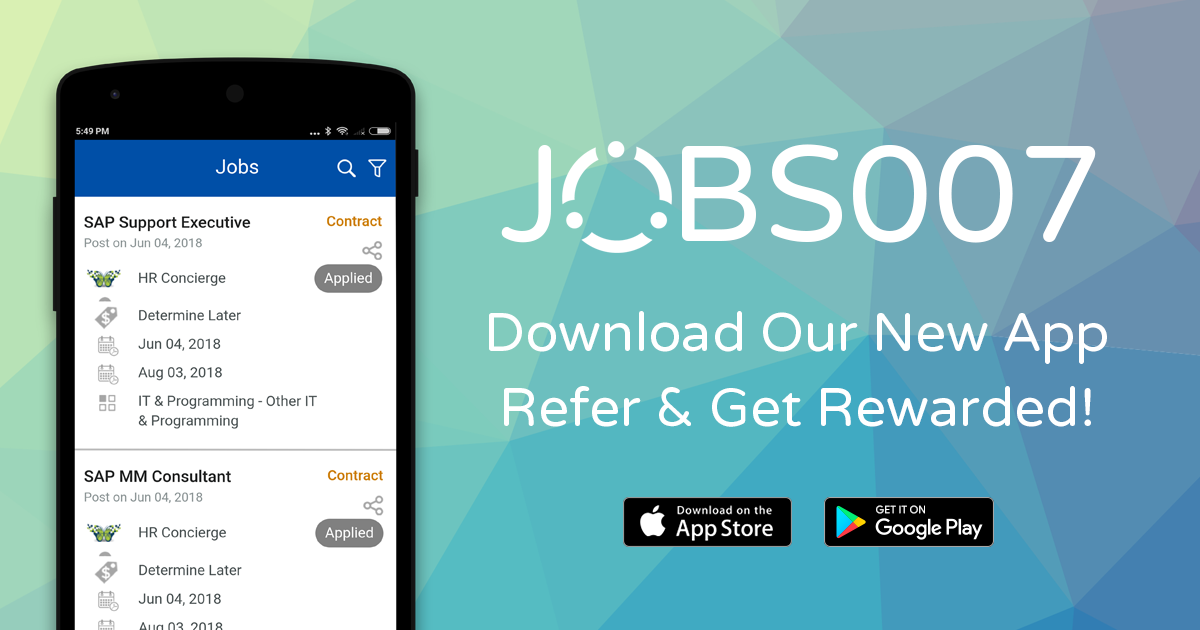The CV, an all-important document that in most job seeking scenarios would be the difference between landing an interview, or not being considered for your desired position at all. Hence, a well-written and easy-to-read CV is a big step ahead in getting the job you want.
Why Write A Good CV?
In a nutshell, the basic purpose of the CV is to get you a job interview, which is the crucial first hurdle of a job search. However, dig deeper and you will find that the CV is so much more than that.
The CV is usually the document that will allow recruiters or hiring managers to first find out about you, before deciding whether to meet you in-person for an interview. As such, it is the first impression potential employers have of you. The people reading your CV will have to decide if you are a good fit for the organisation, both personality and skill wise. Unfortunately, many job applicants fail to get past this initial hurdle.
Thus, the right way to look at writing your CV is this: it is a document for you to market and showcase yourself to potential employers. Like how a well-produced advertisement captures the attention and piques the interest of consumers, your CV should elicit the sense of desire in potential employers to find out more about you through an interview. A good CV will thus greatly increase the chances of landing an interview for a job.
If you are using job portals and/or recruiters (like IoTalents!) to find your next job, do not assume a good CV is not necessary. A well-written, well-produced CV allows us to help you market yourself better to potential employers. Remember, recruiters like ourselves can only use what you provide us with. The better your CV, the higher the chances of us securing that dream job for you.
How To Write A Good Technical CV?
We have learnt so far that a good CV is pretty much its own reward. To help you get your technical CV in fine order, we have prepared the following pointers for you:
General Pointers
- Create a template for your technical CV using the following headers: Your details (Name, Gender, Nationality, Language), Executive Summary, Work Experience, Technical Skills, Education, Certifications and Others. You are highly encouraged to follow the order of the headers shown here. Use this template for all your technical job applications, tweaking the content to better suit each specific job.
- Use clean, concise language and neat, legible formatting throughout the CV. This means proofreading your technical CV to make sure it is free of spelling and grammatical errors. A CV that is badly formatted and/or filled with language errors is hard to read and understand.
- Use keywords from the job specification and job description whenever possible.
- Dates of employment and education should be laid out clearly, with the month and year included. Employers want to know this information, especially if you have a significant gap(s) in between jobs or are currently unemployed.
Executive Summary
- The Executive Summary section is well, a summary of your CV. Hence, it makes sense that it should not be too long. Keep this section short and sweet – around 200-300 words should suffice. Remember that your executive summary must be related to your work experience.
Work Experience
The Work Experience section is usually the longest and the most important section of your technical CV. However, it can also be the toughest and most annoying section for a hiring manager to read and understand, if not done properly.
- Express yourself! List down your achievements and accomplishments in this section, using statistics to quantify your successes whenever possible. “Helped boost company sales by 50% through CRM integration” tells more about you than “Did CRM integration”.
- Describe what you did with your skills and show how exactly you helped your employers with them. Do not just list down what your job roles and responsibilities are (although these are necessary!)
- You can do individual sections for each project you worked on to better articulate to potential employers your contributions and accomplishments for every project. This includes relevant freelance projects. Put the project details under the relevant employer – it makes it easier to follow your working experience.
- Bigger accomplishments, such as working with well-known companies (Facebook, IBM etc) or huge projects (National Day Parade, concerts etc) should be given stronger emphasis. This includes any big product you worked on. Remember to market yourself!
- Use as few words as possible to outline what you did and achieved for each employer. Do not be unnecessarily long-winded – get to the point!
Technical Skills & Certificates
Technical Skills and Certificates should be clearly laid out, with each type of data to be placed under its own section.
- In industries like IT, employers want to find out exactly what you know and understand, and if you have received proper training and certification of these skills and knowledge. Try to include skills and certificates relevant to the job/role you are applying for.
- Your technical skills section should corroborate what you have done in your work experience, and vice versa. A hiring manager should be able to link your work to the skills you say you have.
- Your certificates are evidences of you being trained in a particular skillset, together with the knowledge necessary. Hence, any skill you have been certified in should be listed under Technical Skills as well.
Education
- The Education section must clearly list the full names of the institution attended and the qualifications awarded. In addition, the month and years attended are required. This gives potential employers a clear idea of your formal education level.
Others
- For the Others section, list only the awards, accomplishments, interests, and trainings relevant to the job you are applying for. This helps the hiring manager get a better sense of who you are outside of your direct work experience. This is also the section to include personal projects relevant to the job you are looking at. For example, if you built your own website and did successful SEO for it, put it down. Remember, relevancy is key.
- Do not place paid projects here. Paid freelance projects are considered work experience and should be placed under that section.
Get Your CV right and proper!
Securing the all-important interview is the first challenge most job-seekers face. A good CV gives you an advantage by leaving a positive impression on your potential employers, before they have even met you. Remember that you may be competing with hundreds of other applicants, hence it is even more important that your CV stands out from the rest in a good way.
Follow our guide above, and we are sure you’d be one step ahead in getting that dream job!















